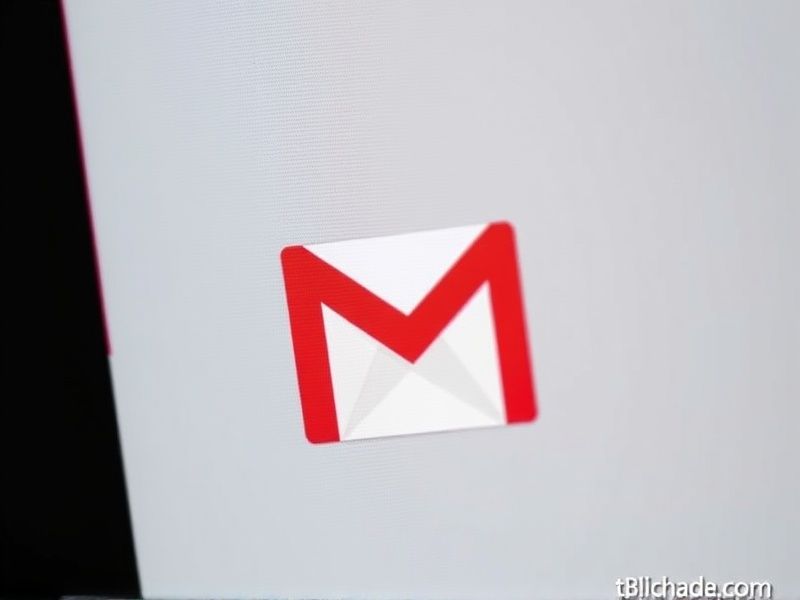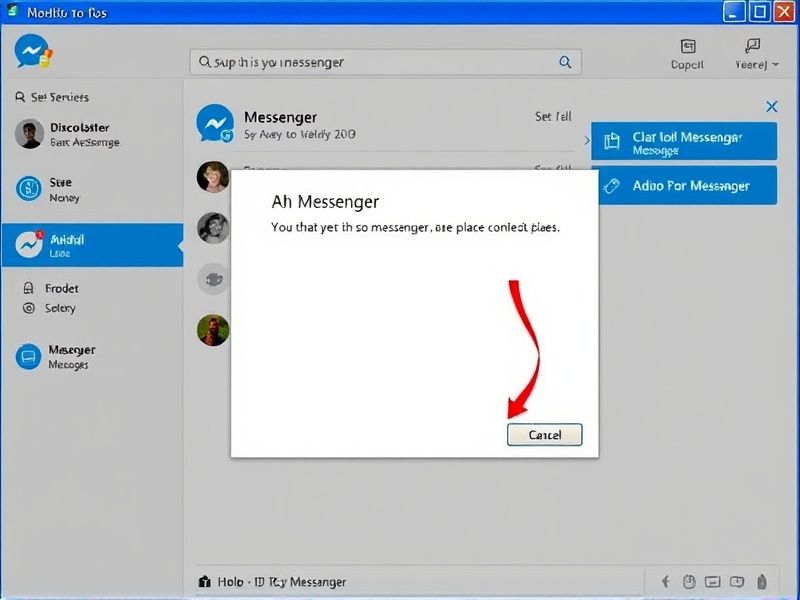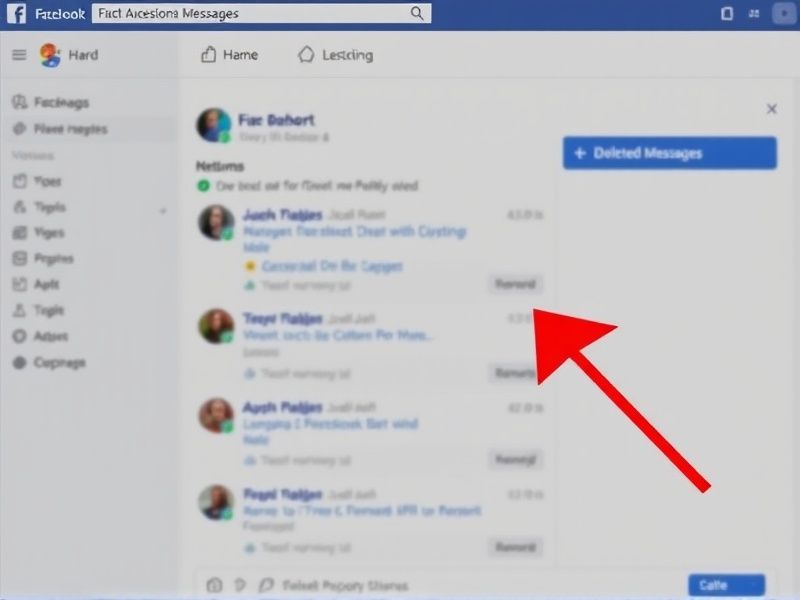How to Securely Access Your Email Gmail Login Account: A Step-by-Step Guide
Why Your Gmail Security Matters More Than You Think
Let’s be real – how many times have you rushed through your email gmail login without a second thought? You’re not alone. Recent surveys show over 90% of compromised accounts could’ve been protected with basic security measures. Whether you’re checking messages on your phone during breakfast or managing work emails from three different devices, your email gmail login account is the skeleton key to your digital life.
The Nuts and Bolts of Safe Access
Remember when Sarah from accounting got locked out of her account last month? Turns out she’d been using the same password since 2012. Don’t be Sarah. Here’s what actually works:
Password Power Moves
• Mix upper/lower case, numbers and symbols – but make it memorable
• Try passphrases like “PurpleTiger$Eats8Pizzas!”
• Change passwords every 3-6 months (yes, really)
Pro tip: If you’re terrible at remembering passwords (who isn’t?), consider a password manager. I’ve been using one for years and it’s saved me countless headaches.
Two-Factor Authentication: Your Digital Bodyguard
Think of 2FA like a bouncer for your email gmail login account. Even if someone guesses your password, they’ll need that second verification step. Google’s data shows accounts with 2FA are 99% less likely to get hacked.
When Login Goes Wrong (And How to Fix It)
We’ve all been there – that sinking feeling when you see “Invalid password” for the third time. Before you panic:
| Error Message | First Thing to Try | When to Worry |
|---|---|---|
| “Incorrect password” | Check Caps Lock | After 3 failed attempts |
| “Suspicious activity detected” | Review recent logins | Immediately |
| “Account disabled” | Check recovery email | Contact support ASAP |
Fun fact: About 30% of “hacking” cases turn out to be users forgetting they changed their password last week. Been there, done that!
Access Anywhere, Anytime – The Smart Way
Whether you’re team iPhone, Android loyalist, or glued to your laptop, here’s how to stay synced safely:
Browser Showdown
Chrome might be Google’s golden child, but did you know Gmail works surprisingly well in Edge these days? Here’s the lowdown:
- Chrome: Best for Workspace integration
- Firefox: Top privacy controls
- Safari: Smooth on Macs
- Mobile browsers: Use the app instead!
App vs. Browser: What’s Safer?
While the mobile app updates security automatically, browser users need to stay on top of updates. My rule of thumb? Use the app on mobile, browser on desktop.
When the Worst Happens: Account Recovery
Last month, my neighbor’s email gmail login got compromised – turns out they’d never set up a recovery phone number. Don’t make that mistake. Your recovery checklist:
- Update recovery info every 6 months
- Keep backup codes in a safe place (not your Notes app!)
- Monitor account activity weekly
Pro move: Set up account alerts. Google can notify you about suspicious logins faster than you can say “data breach”.
Beyond the Login: Making Gmail Work for You
Once you’re securely in, let’s talk about taming the email beast. Did you know the average office worker spends 28% of their week on email? Here’s how to claw back some time:
Inbox Zero Without the Stress
• Use labels like “#Action” and “#Waiting”
• Schedule emails to send later
• Create canned responses for common replies
Google Workspace Magic
If you’re using Gmail for work, these integrations are game-changers:
- Attach Drive files directly from compose window
- Start Meet calls with one click
- Connect to Sheets for data tracking
Your Security Checklist (Stick This on Your Fridge)
Let’s wrap this up with actionable steps you can take today:
✅ Update password if it’s older than your phone
✅ Enable 2FA – right now!
✅ Check recovery options
✅ Scan connected apps
✅ Bookmark this guide for future reference
Remember, email security isn’t a one-and-done deal. Make these checks part of your monthly digital routine. Got questions? Drop them in the comments – I check them every Thursday!





Reviews
There are no reviews yet.